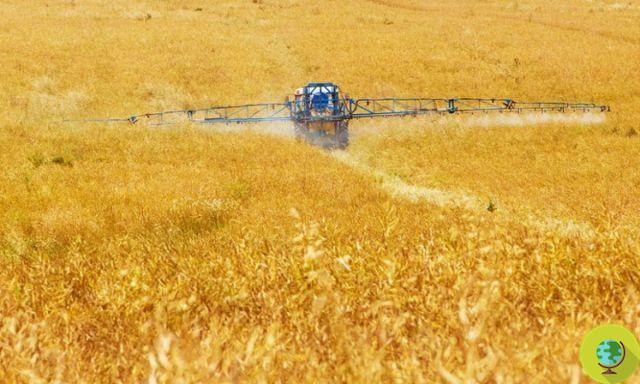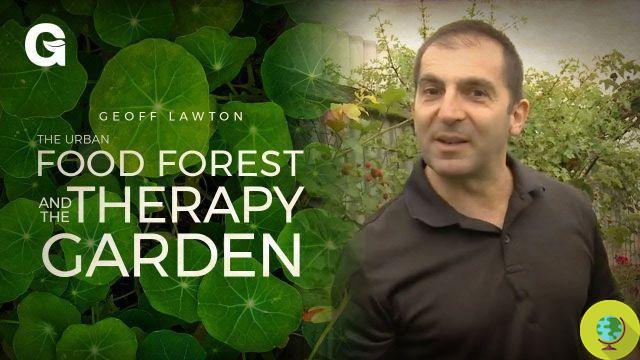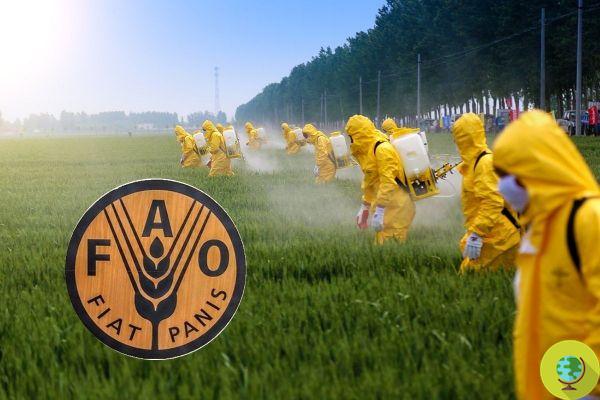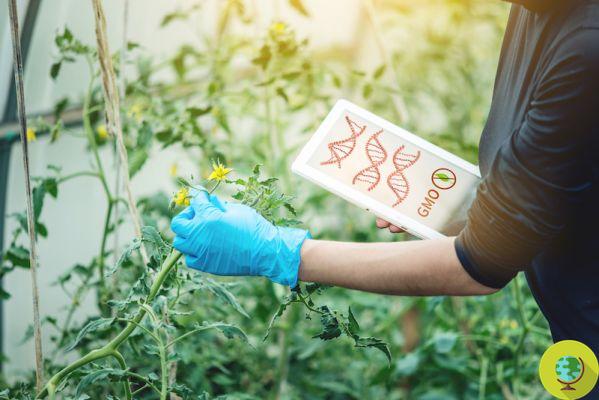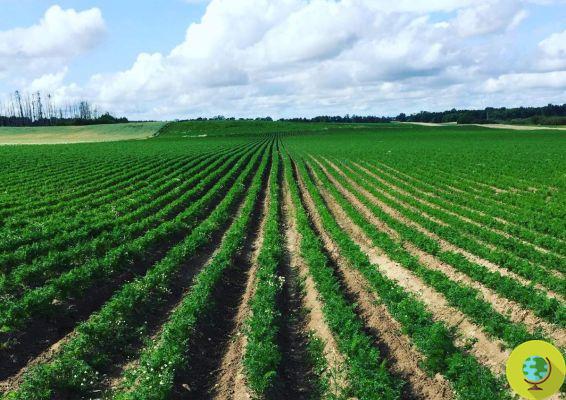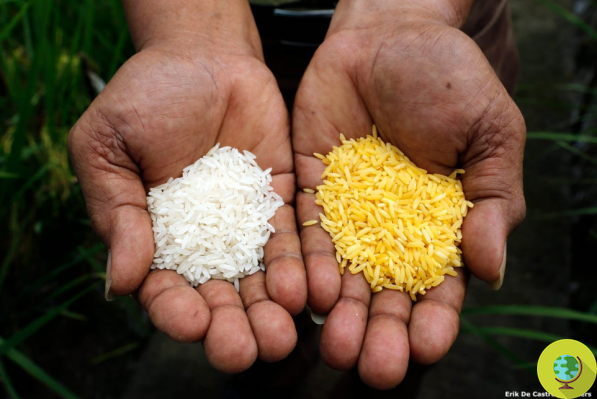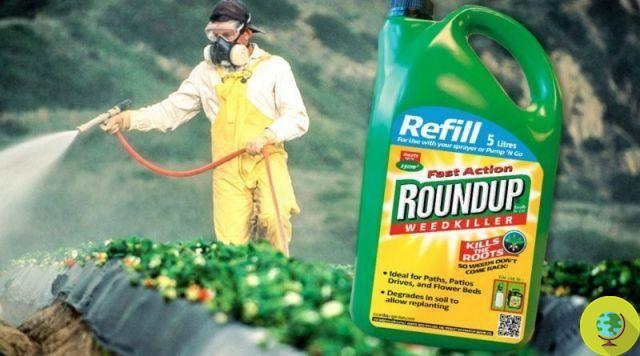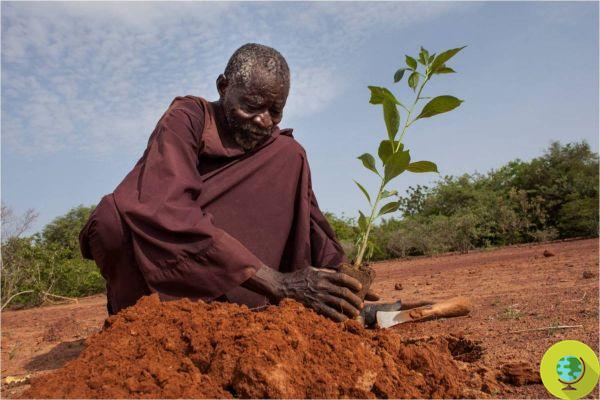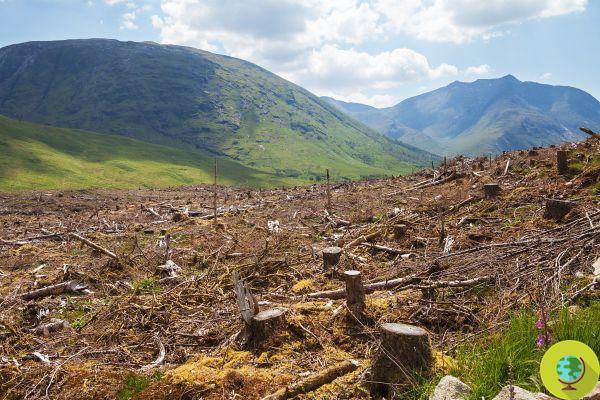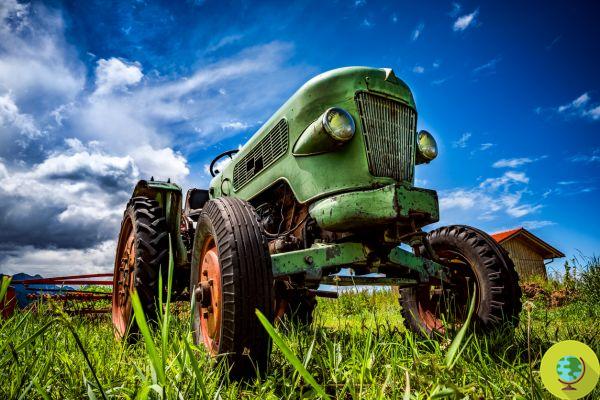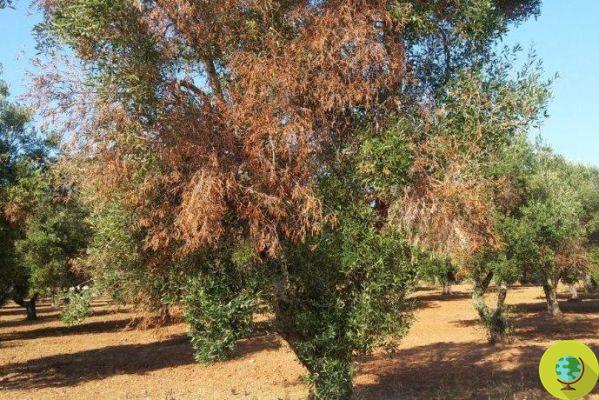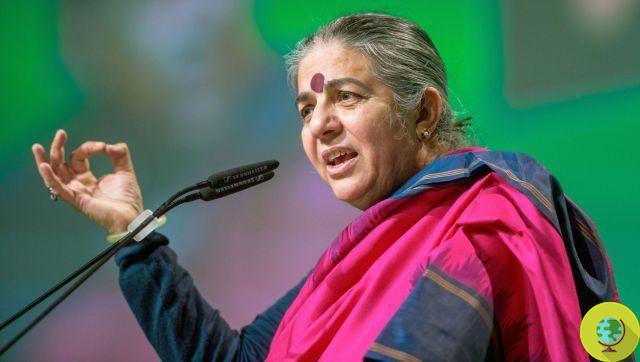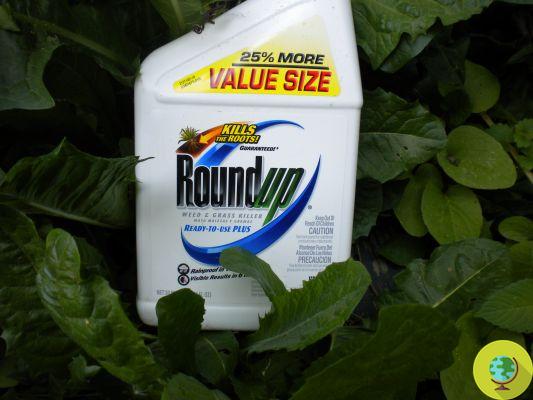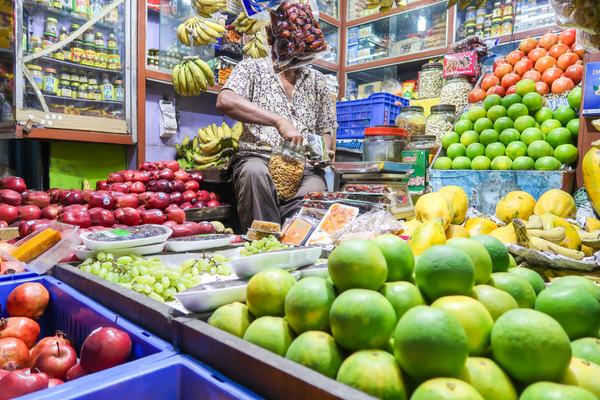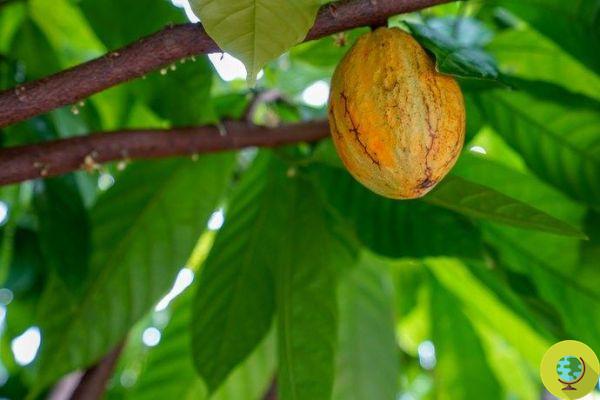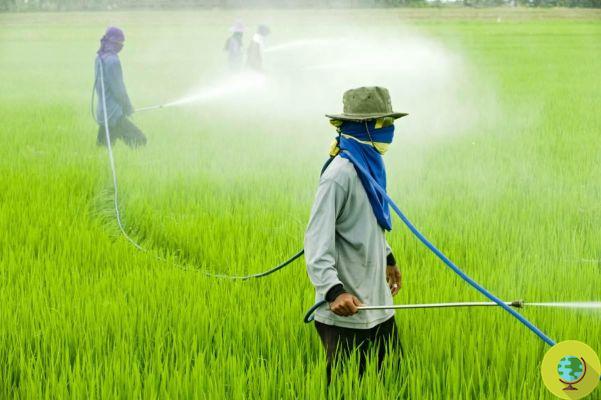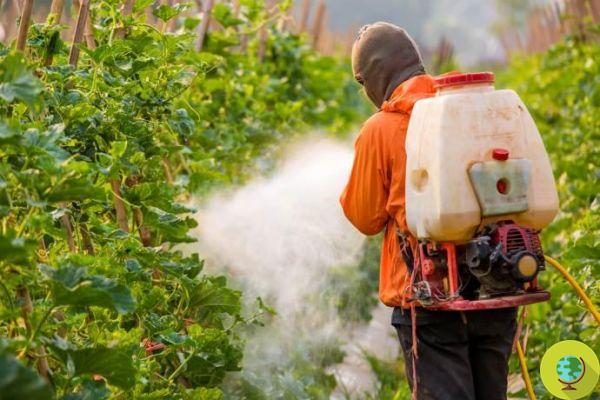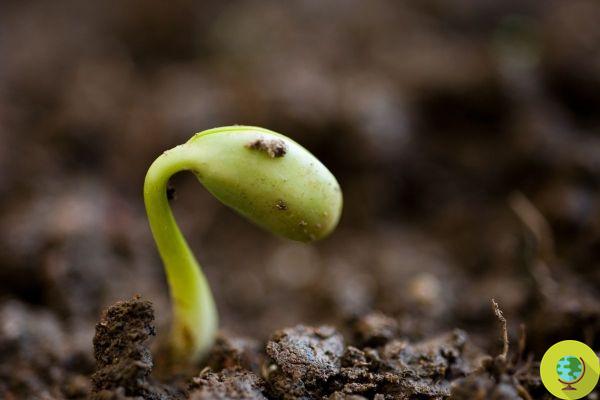
One study investigated the mechanism behind activating (or stopping) plant growth from seed
He is about to end up run over, his mother saves himThe seeds can 'sleep' in the soil for centuries, as long as there are no environmental conditions favorable for their germination and the healthy growth of the plant. One study investigated the mechanism behind activating (or stopping) plant growth from seed.
I semi of some plant species can remain in a 'dormant' state for over a thousand years, if the conditions that can lead to germination (for example, if there is scarcity of water). This protects the embryo of the plant inside the seed from environmental conditions that could be unfavorable to its growth and survival. However, the mechanism by which the seed senses the presence of water and other favorable environmental conditions and restores its cellular activity has remained a mystery - at least until now.
A new study conducted by researchers at Stanford University, in fact, has discovered the fundamental role of a protein in blocking the germination of seeds if the hydrological conditions of the soil are not ideal and instead allowing the birth of the plant if there is a sufficient chance of survival. The results gathered by the study have important implications for understanding the behavior of plants in an increasingly hot and arid world due to climate change, and for imagining drought-tolerant crops that can survive despite global warming and help counter the plague of hunger. in the world.
(Read also: Try planting the seeds of peppers purchased at the market to grow them at no cost)
In fact, despite the apparent robustness of some seeds, plants are the most vulnerable species in the early stages of their life, and germination must take place at the right time to ensure the best possible chance of survival: once the process has begun, the plant it cannot go back to its 'dormant' stage if the conditions for survival fail and it inevitably dies. The researchers named the newly discovered protein FLOE1: this protein, fundamental for the life of plants, works thanks to a biophysical phenomenon that allows cells to dynamically categorize biomolecules into groups without membranes, rather than enclosing them in a cellular organelle surrounded by a membrane.
Think of the organelle as an office where the components of the cell perform different tasks - he explains Sue Rhee, among the authors of the study. Instead, these membrane-free clusters are more like a group sporting event or marathon, where different proteins can work together to complete a task and then scatter when the task is done. We were able to observe the ability of the FLOE1 protein to quickly initiate this temporary grouping process, which is crucial for the functionality of the semen.
When a 'dormant' seed senses moisture around it, the FLOE1 protein immediately gathers the cells to 'test the waters' and determine if the conditions are indeed there to reactivate the seed and initiate the growth process. Since this type of aggregation is temporary and reversible, it can act as a signal of sudden activation or blocking of the germination process, which can stop if the environmental conditions are not actually as favorable as it initially seemed.
Fonte: Carnegie Science
We also recommend:
- Not just seeds! How and why to sprout almonds, walnuts and dried fruit as well
- From “lost” aromatic rice to green beans: this is how the community seed banks are protecting local biodiversity
- The power of ancient grains: Growing sorghum can help fight famine and drought




